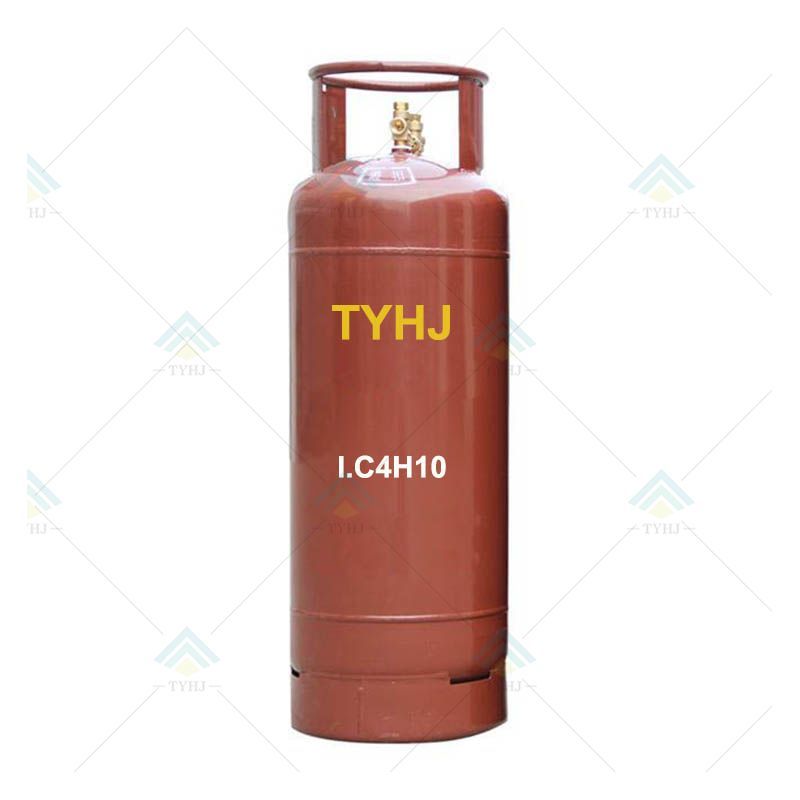Unlocking the Potential of Isobutane: A Comprehensive Guide
Isobutane, chemically represented as C4H10, is an isomer of butane, differing in the arrangement of its carbon atoms. It is a colorless and odorless gas at room temperature, characterized by its highly flammable nature. Due to its molecular structure, isobutane exhibits unique physical and chemical properties that render it suitable for various applications across diverse industries.

Applications in Industry and Daily Life
Isobutane's versatility shines through its widespread applications. In the petrochemical industry, it serves as a vital component for the production of high-octane gasoline, contributing to enhanced engine performance and fuel efficiency. Furthermore, isobutane finds its place in the realm of refrigeration and air conditioning, where it is employed as a refrigerant due to its low environmental impact and energy efficiency.
The pharmaceutical sector harnesses isobutane for aerosol propellants, ensuring precise and controlled drug delivery mechanisms. Additionally, it plays a pivotal role in the manufacturing of rubber and plastic products, as well as in the creation of butyl rubber, a substance known for its impermeability to gases and liquids.
Environmental Considerations and Sustainability
In an era where environmental consciousness is paramount, isobutane emerges as a promising option. Its relatively lower impact on the ozone layer compared to traditional hydrochlorofluorocarbons (HCFCs) and hydrofluorocarbons (HFCs) positions it as an eco-friendly choice for refrigeration and air conditioning applications. Moreover, its efficient combustion properties contribute to reduced greenhouse gas emissions, aligning with global efforts towards a greener future.
Advantages of Isobutane over Conventional Alternatives
Isobutane advantages extend beyond its environmental attributes. Its high energy density and clean-burning characteristics make it a preferred fuel source, particularly in portable camping stoves and butane lighters. Its use as a refrigerant enhances cooling efficiency and minimizes energy consumption, resulting in cost savings and reduced carbon footprint.
Safety Measures and Handling
While isobutane offers a plethora of benefits, responsible handling is imperative. Being highly flammable, proper storage, transportation, and usage protocols must be adhered to. Manufacturers and end-users alike must prioritize safety precautions to mitigate potential hazards and ensure incident-free operations.
Innovations and Future Prospects
The journey of isobutane doesn't stop here. Ongoing research and technological advancements continue to unveil new possibilities for this versatile compound. From advancements in fuel cell technology to its role in renewable energy storage, isobutane's journey into the future is paved with innovation and promise.
Conclusion
In conclusion, isobutane stands as a multifaceted hydrocarbon with a plethora of applications, benefits, and potential for the future. Its role spans across industries, contributing to enhanced efficiency, environmental sustainability, and innovative solutions. As we've delved into its properties, applications, and advantages, it becomes evident that isobutane's significance cannot be understated.
661
0
0


Comments
All Comments (0)